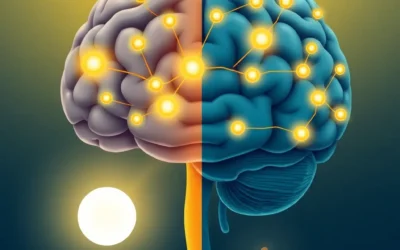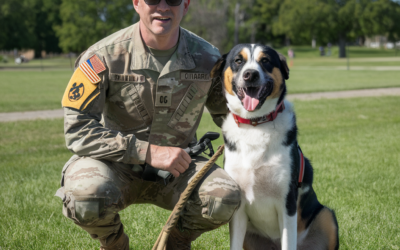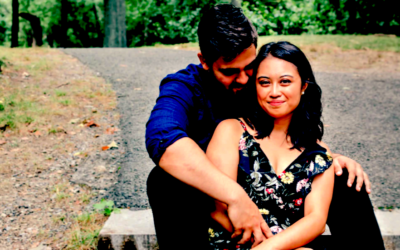The Societal Context
Women who love women have historically faced stigma, discrimination, and lack of societal acceptance. Even in modern times, many WLW couples still struggle with homophobia, heteronormativity, and the invalidation of their relationships. This social context can add an extra layer of difficulty to navigating a breakup.
Many WLW individuals have had to fight for their right to love openly and proudly. When a relationship ends, it can feel like a personal and political defeat - a betrayal of the hard-won battles for LGBTQ+ equality and visibility. The loss of a partner may also mean the loss of a vital support system and chosen family.
The Intensity of Emotions
WLW breakups are often characterized by an intense emotional rollercoaster. The depth of connection and intimacy in many WLW relationships can make the pain of separation feel especially acute. Feelings of grief, anger, guilt, and betrayal may be amplified.
Additionally, many WLW individuals have had to overcome internalized homophobia and societal messaging that their love is "less than" or "unnatural." When a relationship ends, these old wounds can be reopened, leading to a profound crisis of self-worth and identity.
The Lack of Resources
Despite the growing visibility of LGBTQ+ relationships, resources and support systems for navigating WLW breakups remain limited. Mainstream relationship advice often fails to address the unique challenges faced by queer women.
Many WLW individuals find themselves turning to online communities and social media for support and validation. While these spaces can provide a sense of belonging, they may also perpetuate harmful narratives about the "tragedy" of lesbian breakups or the idea that WLW relationships are doomed to fail.
The Pressure to Remain Friends
In the aftermath of a WLW breakup, there can be immense pressure - both internal and external - to maintain a friendship with an ex-partner. The small size of many LGBTQ+ communities can make it difficult to avoid an ex, and the fear of being labeled as "dramatic" or "difficult" may lead some individuals to prioritize maintaining a cordial relationship over their own healing.
However, this pressure to remain friends can be detrimental to the emotional well-being of both parties. It's important to recognize that not all breakups can or should result in a friendship, and that prioritizing self-care and setting boundaries is a valid and necessary part of the healing process.
The Societal Invalidation
Even in progressive circles, WLW breakups may face invalidation or minimization. Phrases like "your first wlw relationship/breakup will destroy you" [1] or the idea that lesbian breakups are "tragic, obsessive, wallowing in it" [2] perpetuate harmful stereotypes and fail to acknowledge the real pain and complexity of these experiences.
It's crucial to validate the legitimacy of WLW relationships and breakups, and to resist the temptation to romanticize or sensationalize these experiences. Every relationship and breakup is unique, and deserves to be treated with compassion and respect.
The Path Forward
Despite the challenges, it is possible to navigate a WLW breakup with resilience and grace. Here are some key steps to consider:
1. Prioritize self-care and healing.** Engage in activities that nourish your mind, body, and spirit, and don't be afraid to seek professional support if needed.
2. Set clear boundaries with your ex-partner.** Decide what level of contact, if any, feels comfortable and healthy for you. Respect each other's boundaries and avoid pressuring one another.
3. Lean on your support system.** Surround yourself with loved ones who validate your identity and the legitimacy of your relationship. Avoid those who minimize your pain or make you feel ashamed.
4. Embrace the complexity of your emotions.** Acknowledge the full range of feelings you're experiencing, from grief to anger to relief. Allow yourself to feel what you feel without judgment.
5. Celebrate your resilience.** Recognize that you have survived a difficult experience and that you have the strength to move forward. Celebrate your identity, your love, and your commitment to your own well-being.
In the end, a WLW breakup is a challenging but ultimately human experience. By treating ourselves and each other with compassion, we can navigate these waters with resilience and grace, and emerge stronger and more whole on the other side.
Review of Reconsolidation Behavioral Updating of Human Emotional Memory
Compreh...
How Does CREB Differ Between Memory Reconsolidation and Memory Extinction?
The...
How PTSD Was Cured Four Times in 5 Hours
This...
Can a Breakup Lead to Depression?
It is...
How to Get Over the Death of a Service Dog like a Vietnam Veteran in 78 minutes.
This...
PTSD Symptoms in Women: Understanding the Unique Challenges
Post-tr...
How Can Couples Maintain Intimacy While Sleeping Apart?
Sleep...
How to Find the Right Work and Relationship Partner with the 37% Rule.
Today...
The Compassionate Approach: How to Break Up With Someone Respectfully
Breakin...
The Power of Visualization: Lessons from Natan Sharansky, Arnold Schwarzenegger, and Michael Phelps
Visuali...
























